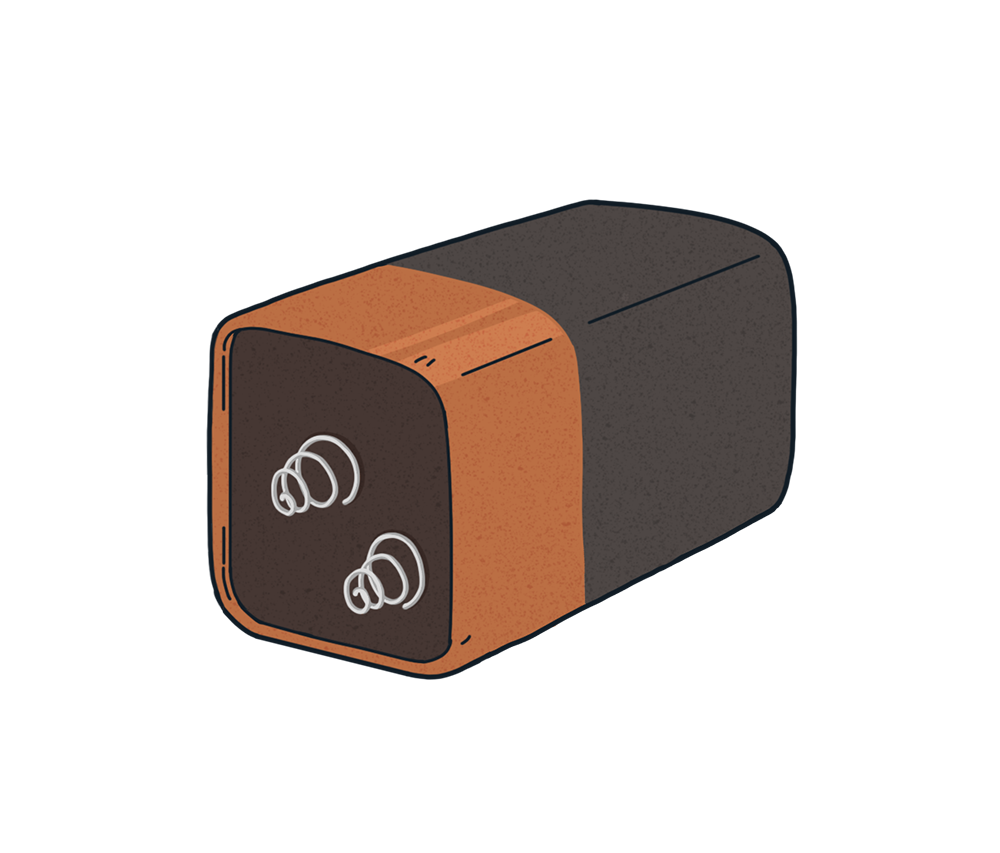You can’t put batteries in your rubbish or recycling bin

Putting batteries in your household or kerbside bin can cause fires. This could be in the trucks that collect them or at recycling facilities or landfills. Batteries also contain toxic substances that are harmful to you, your family and the environment. Batteries and electronics are banned from landfill in Victoria.
Where can I take my batteries to dispose of them correctly?
Batteries (household such as regular AA or other size batteries, button batteries rechargeable batteries and easily removable batteries) can be dropped to:
- Council’s customer service centres/hubs (Creswick, Clunes, Daylesford, Trentham)
- Transfer stations (Creswick, Daylesford, Trentham)
Please note large batteries such as car batteries can ONLY be taken to our transfer stations.
If you take used batteries to a drop-off point for recycling, you are giving them a new life and keeping harmful chemicals out of your bins and the environment. The valuable resources recovered from recycled batteries are used to make new produts like metal tools, computer parts or new batteries.
Find a list of commercial battery recycling services.
For more information on Lithium-ion battery safety visit Energy Safe Victoria.
How to safely store batteries until i am ready to take them to drop-off point?
You can safely store batteries by:
- covering the terminals of used batteries with clear sticky tape to prevent sparking and reduce the risk of fire
- storing taped batteries in a glass or plastic container that is not airtight (like a jam jar or ice cream tub). Do not store batteries in a metal container or with other metal objects
- storing batteries in a cool, dry place, away from heat sources
- keeping batteries away from children and pets.
What are some common items that have an embedded battery?
Items with embedded batteries are more common than you’d think. Before you dispose of any electronic item it’s important to check if it has an embedded battery. These items should not be put in any bin and need to be taken to an electronics recycling drop-off point instead. Common household items* that can contain embedded batteries include:
- Bluetooth speakers and headphones
- electric toothbrushes
- e-scooters, e-bikes and hover boards
- power tools
- flashing/light up toys – particularly wands or other hard plastic products
- personal care devices (e.g. shavers)
- powerpacks and portable charging devices
- remote controlled and ride-on toys
- vacuum cleaners (cordless hand-held and robotic)
- vapes
- wearable devices such as smart watches, trackers and medical aids.
*This list has been sourced from the NSW EPA website.